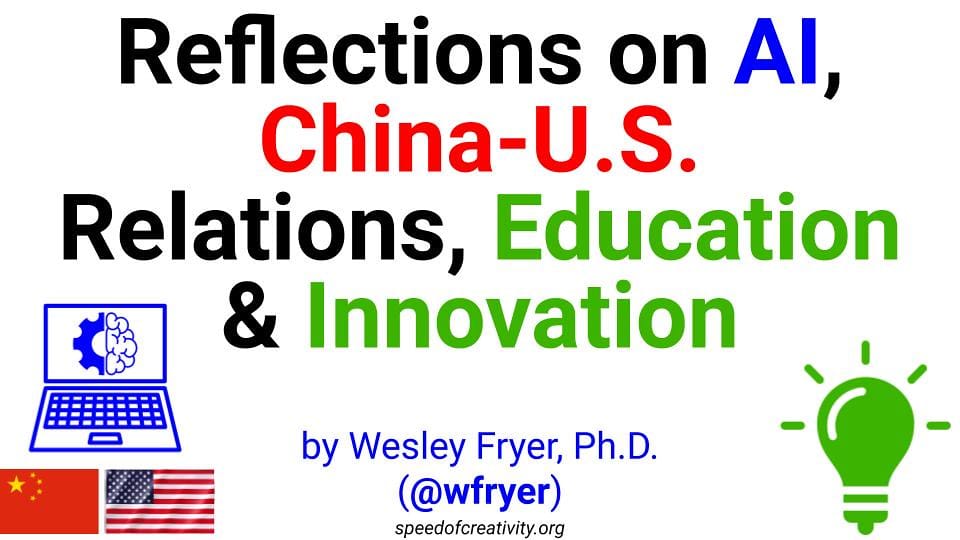MIT Study Reveals ChatGPT Writing Assistance May Weaken Students' Brain Connectivity and Memory
A groundbreaking MIT study has delivered a wake-up call to educators and students worldwide: using ChatGPT and similar AI writing tools may actually impair the brain's natural learning processes. The research, which tracked neural activity in students using AI assistance, found significant reductions in brain connectivity patterns associated with deep thinking and long-term memory formation.
The Science Behind the Concern
Researchers at MIT's Computer Science and Artificial Intelligence Laboratory (CSAIL) monitored brain activity in two groups of students during writing tasks. One group completed assignments independently, while the other used ChatGPT for assistance with brainstorming, structuring, and editing their work.
The results were striking. Students who relied on AI assistance showed decreased activity in the prefrontal cortex—the brain region responsible for complex reasoning and working memory. More concerning, the neural pathways typically strengthened during the writing process remained underdeveloped in the AI-assisted group.
"We're essentially seeing the brain's 'muscles' atrophy when students outsource critical thinking to AI," explained Dr. Sarah Chen, the study's lead researcher. "Writing isn't just about producing text—it's a fundamental cognitive exercise that builds neural connections essential for learning and memory."
The Memory Formation Problem
The study revealed that students using AI assistance retained significantly less information about their writing topics compared to those who worked independently. Follow-up tests conducted one week after the writing assignments showed that AI-assisted students scored 23% lower on comprehension assessments and struggled to recall key concepts they had supposedly "learned" during the writing process.
This finding challenges the common assumption that AI tools simply make students more efficient. Instead, the research suggests that the cognitive effort required for independent writing—including the struggle to find the right words, organize thoughts, and synthesize information—is crucial for embedding knowledge in long-term memory.
Real-World Implications for Education
The implications extend far beyond academic performance. The researchers tracked students over a semester and found that those who regularly used AI writing assistance showed decreased confidence in their ability to tackle complex problems independently. Many reported feeling "addicted" to AI prompts and expressed anxiety when asked to write without technological support.
"We're creating a generation of students who can produce polished text but can't think deeply about what they're writing," noted Dr. Michael Rodriguez, an educational neuroscientist not involved in the study. "It's like using a calculator for every math problem—you might get the right answer, but you're not building mathematical intuition."
The Broader Cognitive Costs
Perhaps most alarming, the study found that heavy AI use in writing tasks appeared to impact other areas of cognitive function. Students in the AI-assisted group showed reduced performance on tasks requiring sustained attention, creative problem-solving, and abstract reasoning—skills that extend well beyond writing assignments.
Brain scans revealed that the neural networks responsible for these higher-order thinking skills were less robust in frequent AI users, suggesting that the cognitive shortcuts provided by AI may have broader consequences for intellectual development.
Finding the Balance
The research doesn't advocate for completely banning AI tools in education, but rather calls for more thoughtful integration. The study identified a "sweet spot" where students who used AI for final editing and proofreading—but completed initial thinking and drafting independently—maintained healthy brain connectivity while still benefiting from technological assistance.
Several universities are already adjusting their AI policies based on these findings. Stanford University has introduced "AI-free zones" for critical writing assignments, while MIT itself now requires students to complete certain exercises without technological assistance to preserve essential cognitive development.
Looking Forward
As AI becomes increasingly sophisticated and accessible, this research serves as a crucial reminder that not all technological shortcuts lead to better outcomes. The brain's learning mechanisms evolved over millennia to strengthen through challenge and effort—processes that may be undermined when AI handles the heavy cognitive lifting.
The key takeaway isn't that AI is inherently harmful, but that we must be strategic about when and how we use it. For students and educators, the goal should be leveraging AI to enhance human thinking rather than replace it, ensuring that the next generation develops both technological fluency and the deep cognitive skills that remain uniquely human.
